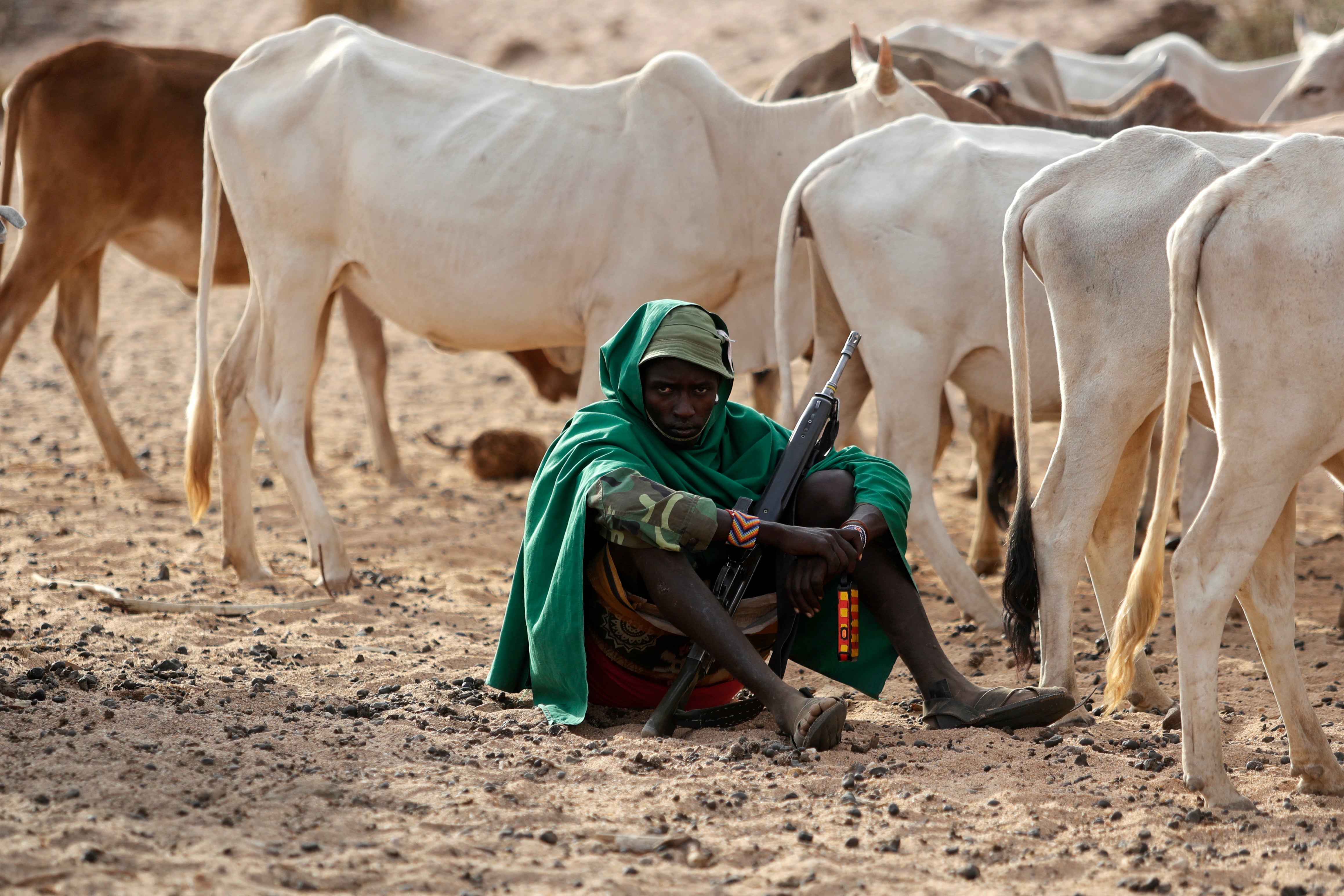COP27 – The future for a sustainable planet is one that is healthy, inclusive and leaves no one behind
Boitumelo Molete details how a working class and community-led transition to a low carbon and climate resilient society can be done

Your support helps us to tell the story
From reproductive rights to climate change to Big Tech, The Independent is on the ground when the story is developing. Whether it's investigating the financials of Elon Musk's pro-Trump PAC or producing our latest documentary, 'The A Word', which shines a light on the American women fighting for reproductive rights, we know how important it is to parse out the facts from the messaging.
At such a critical moment in US history, we need reporters on the ground. Your donation allows us to keep sending journalists to speak to both sides of the story.
The Independent is trusted by Americans across the entire political spectrum. And unlike many other quality news outlets, we choose not to lock Americans out of our reporting and analysis with paywalls. We believe quality journalism should be available to everyone, paid for by those who can afford it.
Your support makes all the difference.Climate change is a destructive global pandemic that the working class, its organisations and communities should concern themselves with. The working class must be wary of greenwash around renewable energy, green jobs and a just transition, ensuring these concepts are not capitalised on by opportunistic corporations focused on accumulation of wealth.
The working class has been vocal in advocating for a just transition - it is essential to protect workers, jobs, and the environment simultaneously. A transition can only be just when it is inclusive, and prioritises the most vulnerable, which includes the working class.
It is working class communities that will bear the brunt of the adverse effects that come with climate change, including floods, droughts and other extreme weather events.
Climate change threatens livelihoods and the wellbeing of people, and leads impacts beyond rising temperatures. It contributes to the loss of infrastructure, food, water, livestock and biodiversity, all of which impact our livelihoods, health, and wellbeing.
These impacts will be experienced differently across sectors, and so a just transition must be economy-wide and sector-specific to address these disparities.
The working class must prioritise core demands including the creation of decent work and quality jobs, social protection, and the guarantee of a living wage, in accordance with nationally-defined development priorities. Only by appreciating the interconnectedness of issues relating to climate change and labour can we achieve a just transition.
A just transition prioritises equality and the eradication of poverty through better education, community empowerment and ownership, as well as skills development (skilling, upskilling and reskilling). Absolute access to resources is fundamental, with accessible, affordable public transport, healthcare, housing, access to electricity and energy democracy , land reform and redistribution are all key tenets of a just transition.
A just transition can be achieved through extensive social dialogues, not just within the energy sector, but across all spheres and sectors. These dialogues must be managed and negotiated by all stakeholders, highlighting the importance of political will and cooperative involvement of all social partners.
Through these dialogues, policy alignment can be reached, and resources mobilised towards achieving a just transition.
We have the chance to democratise ownership within the energy sector as part of a socially-driven transition that directly involves working class communities in the low-carbon economy. Any alternative to this is a lost opportunity.
It’s up to working class communities to drive the change, as key players in the industries that will emerge from the just transition, whether that be the renewable energy or beyond.
In its most effective form, a just transition is the definition of climate justice: addressing poverty, inequality and unemployment, whilst achieving environmental sustainability.
The working class and other marginalised communities hold the key to a just transition in which the most vulnerable and harshly-affected communities mobilise to tackle climate change.
We have the opportunity to enact significant systems change and realise an eco-socialist future as an alternative to destructive capitalism.
It’s time for the working class to act strategically alongside other marginalised communities to achieve a transition that is inclusive, just and fair. One that prioritises a healthy and thriving environment, and leaves no one behind.
Boitumelo Molete is the Social Development Policy Coordinator for the Congress of South African Trade Unions (COSATU).
Join our commenting forum
Join thought-provoking conversations, follow other Independent readers and see their replies
Comments